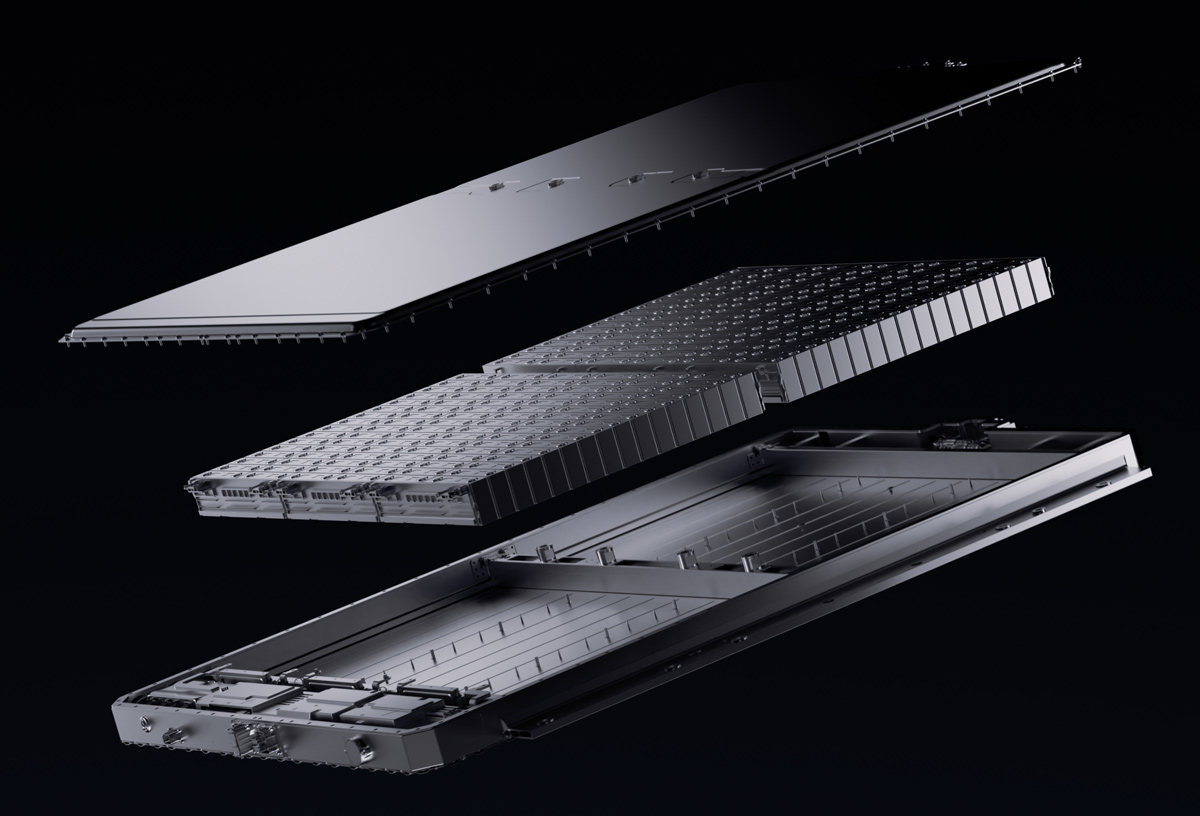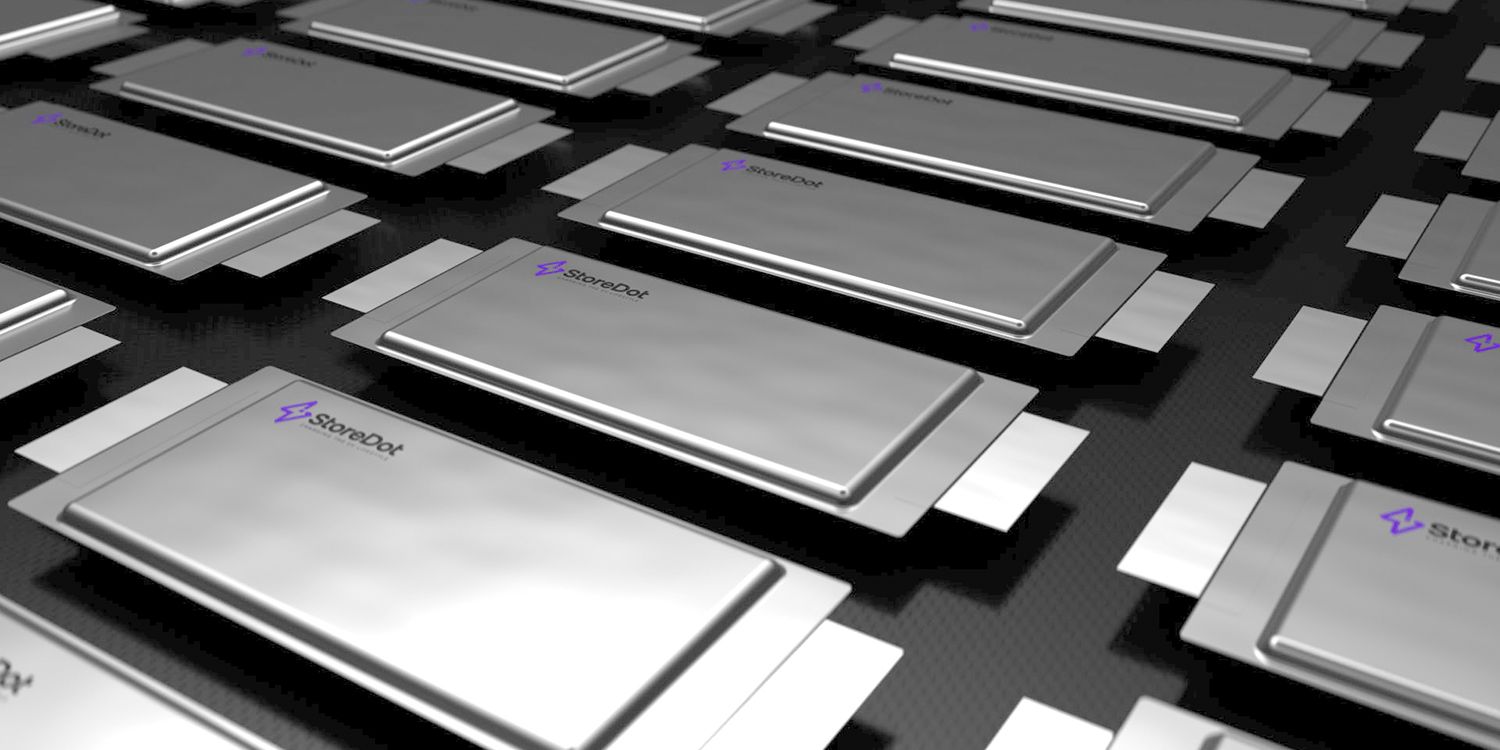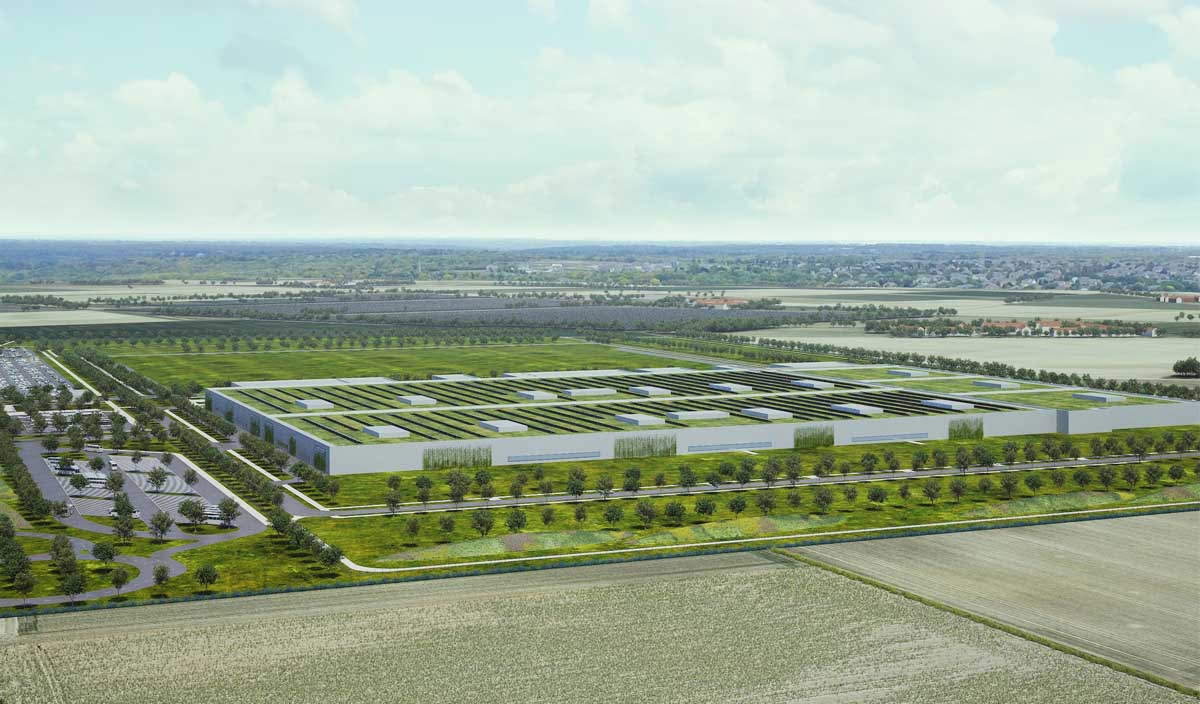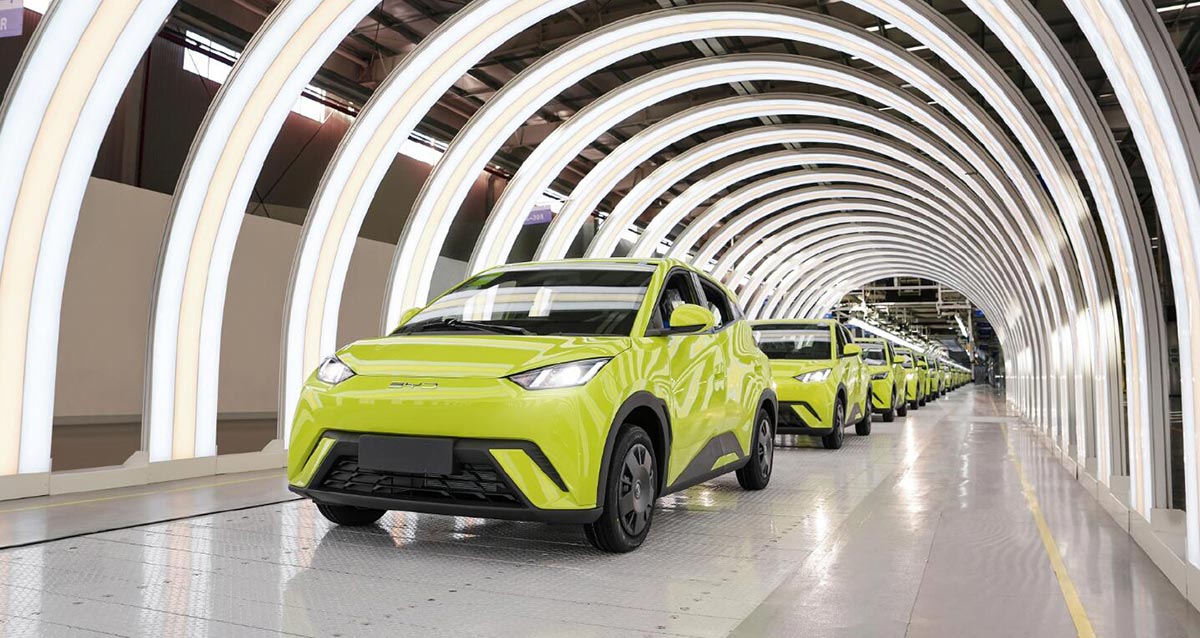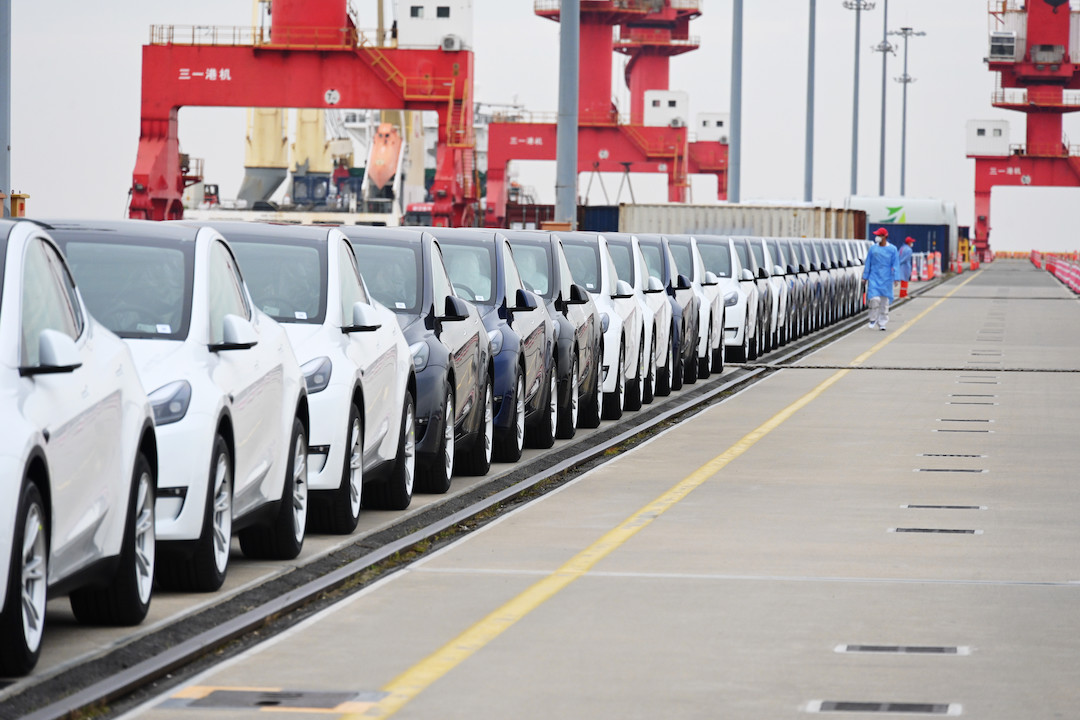Chinese battery giant CATL is working closely with Tesla to develop new battery chemistries that enable faster charging of cells, according to CATL CEO Robin Zeng. Zeng confirmed the collaboration in an interview with Bloomberg, stating that they were researching “in particular on new electrochemical structures,” referring to cell chemistry.
Zeng also sees significant potential for reducing costs in Tesla’s upcoming compact model, priced at $25,000. While he did not provide specific details, he mentioned that there is “always room for cost reductions.” Additionally, CATL is supplying machines to Tesla’s factory in Nevada.
However, Zeng did not confirm reports suggesting that Tesla is close to adopting CATL’s LMFP cells. These cells, which include manganese in addition to lithium and iron phosphate, offer higher energy density than pure LFP cells but remain below the energy density of NMC/NCA cell chemistries. They are also significantly cheaper than cells with nickel, cobalt, and manganese.
Regarding the topic of robotaxis, Zeng expressed confidence in CATL’s battery cells, stating, “If it’s for robotaxis, we don’t have to worry about the cost reduction for each cell as our batteries have a longer life cycle and so their average cost is actually lower.”
Despite CATL’s influence as one of China’s leading battery cell manufacturers, the company faces challenges in the US market due to strict subsidization policies. To participate indirectly in the US battery market, CATL is licensing its technology and providing production expertise, such as supplying machines to Tesla. A similar licensing deal is in place with Ford for a planned battery factory.
CATL plans to train Ford engineers for the factory, which was initially announced with a capacity of 35 GWh but has since been reduced to 20 GWh. According to Zeng, the factory is on track to start production by the end of 2026. Discussions are also underway with 10 to 20 other car manufacturers in the US and Europe for similar licensing agreements.

